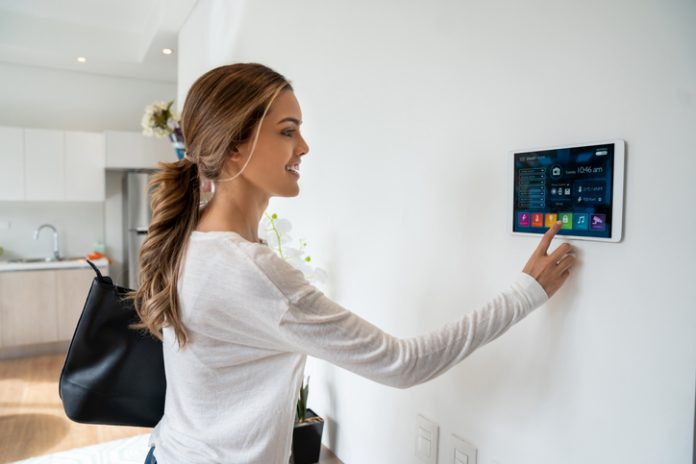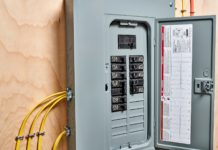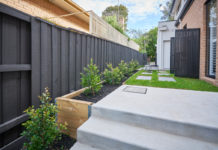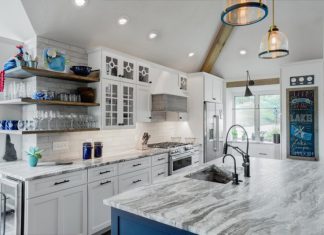As you prepare to move into your newly developed residence from your acreage home builder, one essential aspect that deserves careful consideration is home security. A comprehensive home security system provides peace of mind and ensures the safety of your family and valuable possessions. With a wide range of security options available, it can be overwhelming to determine which features are most suitable for your needs.
Learn more about the key considerations for selecting a home security system for your newly developed home.
1. Professional Monitoring vs. Self-Monitoring
One of the first decisions to make when choosing a home security system is whether you prefer professional monitoring or self-monitoring. Professional monitoring involves a third-party monitoring company that oversees your security system 24/7 and responds to alarms, contacting emergency services if necessary. On the other hand, self-monitoring allows you to monitor your security system using a mobile app, with notifications sent directly to your phone when alarms are triggered. Consider your lifestyle, budget, and comfort level with handling emergencies when deciding between the two options.
2. Comprehensive Alarm System
A comprehensive alarm system is the foundation of a robust home security system. Look for a system that includes door and window sensors, motion detectors, and glass break sensors to cover all possible points of entry. Additionally, consider including smoke detectors and carbon monoxide detectors for enhanced safety and protection against fire and gas leaks.
3. Video Surveillance
Video surveillance is a valuable feature that allows you to monitor your property in real-time and review footage of past events. High-definition cameras with night vision and wide-angle lenses offer better visibility, ensuring that your home is well-protected even in low-light conditions. Consider the number of cameras you need, their placement, and whether you want them to be visible as a deterrent or discreet for surveillance.
4. Home Automation Integration
Home automation integration adds convenience and enhances security by allowing you to control various aspects of your home remotely. With home automation, you can remotely arm and disarm your security system, control lights and thermostats, and even lock and unlock doors using a mobile app. Ensure that the security system you choose is compatible with your preferred home automation devices and platforms.
5. Smart Locks and Access Control
Smart locks offer an additional layer of security and convenience by allowing you to lock and unlock doors using a smartphone app or access code. Some smart locks also provide access control features, enabling you to assign unique codes to family members, guests, or service providers for restricted entry.
6. Environmental Monitoring
Environmental monitoring sensors can detect changes in temperature, humidity, and water leaks, protecting your home from potential hazards like flooding or extreme temperatures. These sensors can be especially valuable if you plan to spend time away from your home or if your property is located in an area prone to specific environmental risks.
7. Mobile App Functionality
A user-friendly mobile app is crucial for managing and monitoring your home security system. Ensure that the app is compatible with your smartphone and provides easy access to system controls, notifications, and real-time camera feeds.
8. Scalability and Customization
Consider the scalability of your chosen home security system, especially if you plan to expand your home or add new security features in the future. Look for systems that offer customization options, allowing you to tailor the security system to meet your specific needs and preferences.
9. Integration with Local Emergency Services
Ensure that your chosen home security system is capable of integrating with local emergency services, such as police, fire, and medical responders. Fast and reliable communication with emergency services is crucial in case of an alarm event, ensuring that help arrives quickly when needed.
10. Professional Installation vs. DIY
Another consideration is whether you prefer professional installation or a do-it-yourself (DIY) approach. Professional installation ensures that the system is set up correctly and optimally placed for maximum effectiveness. DIY installation may be more cost-effective and allows for greater flexibility in setting up the system according to your preferences.
Conclusion
Selecting a home security system for your newly developed home from an acreage home builder is a vital step in ensuring the safety and security of your loved ones and property. A comprehensive security system with professional monitoring or self-monitoring capabilities, video surveillance, home automation integration, and environmental monitoring provides a robust defence against potential threats. Consider factors like scalability, mobile app functionality, and integration with local emergency services when choosing the best home security system for your needs. By investing in a reliable and advanced security system, you can enjoy the peace of mind that comes with knowing your new home is well-protected and secure.














